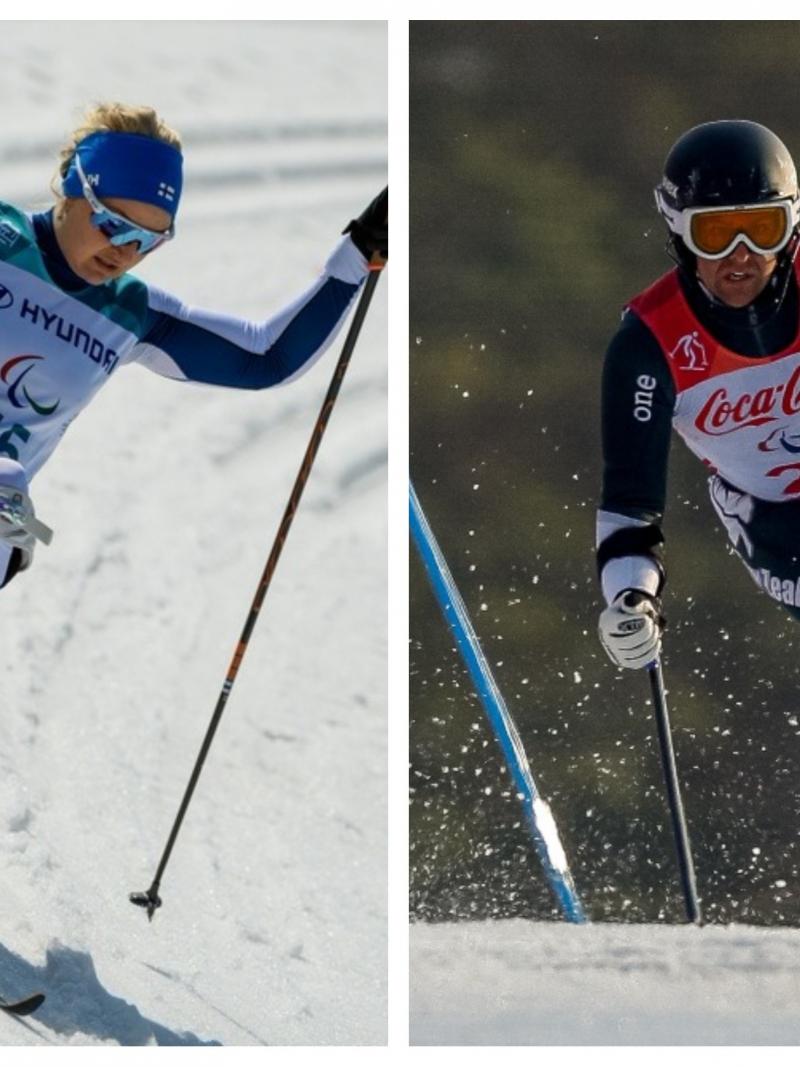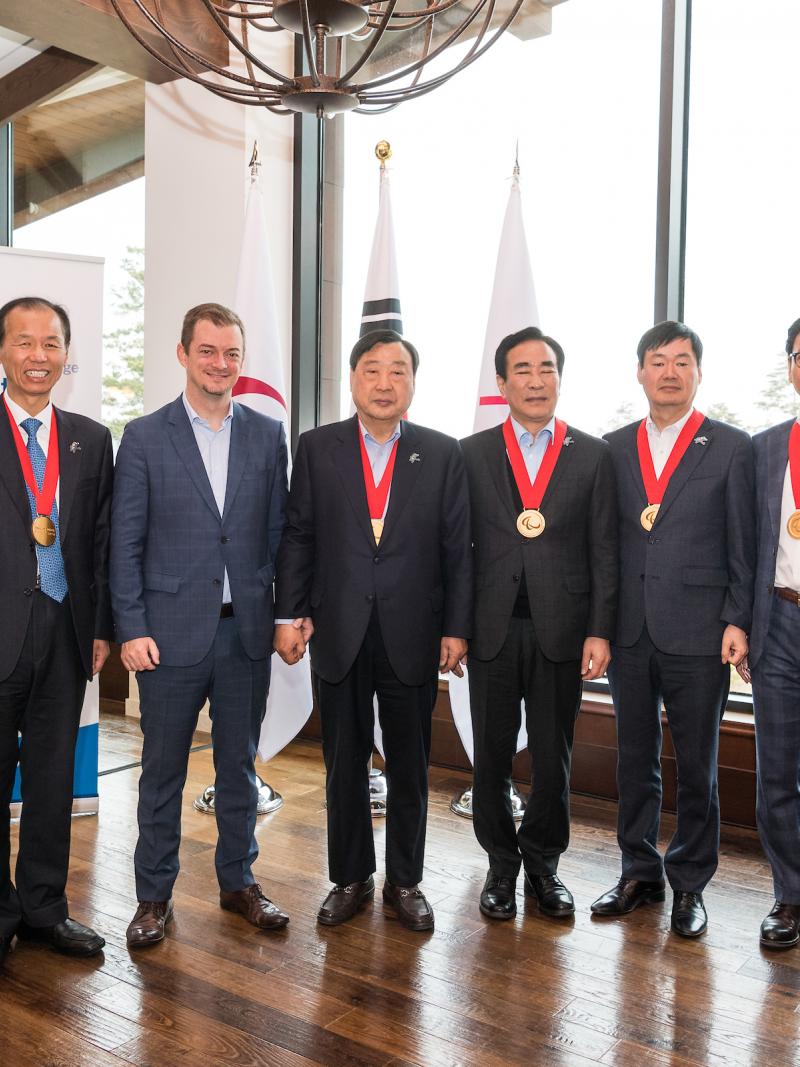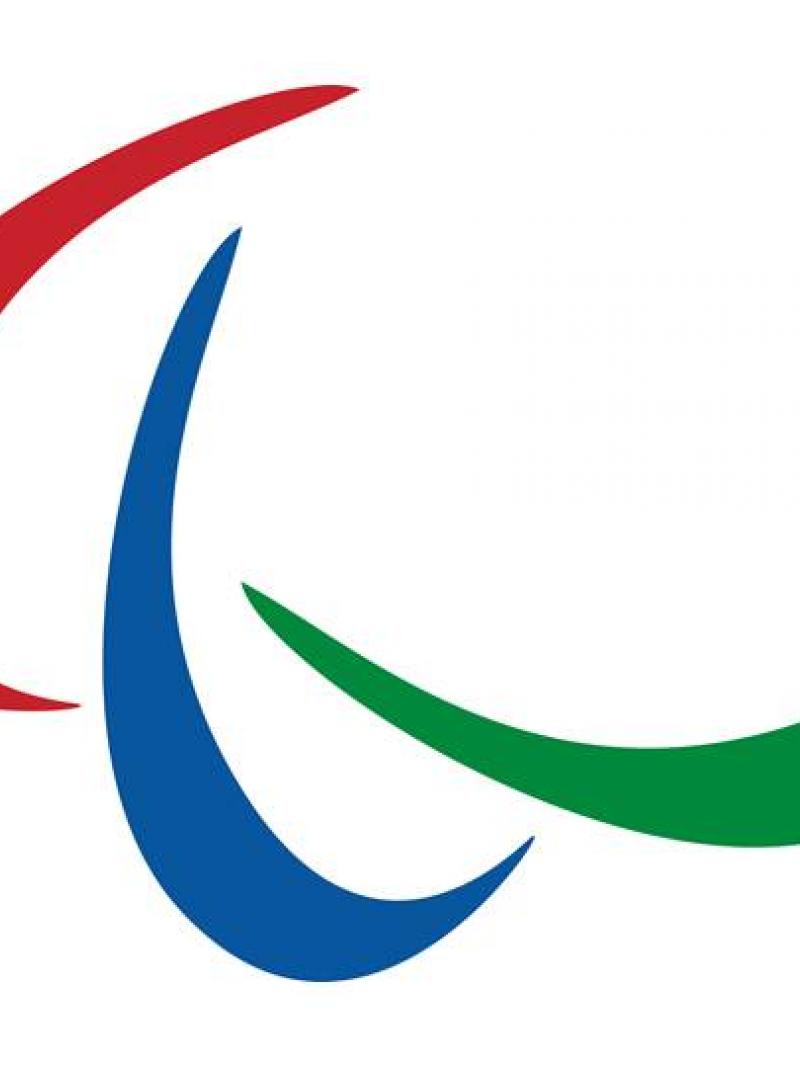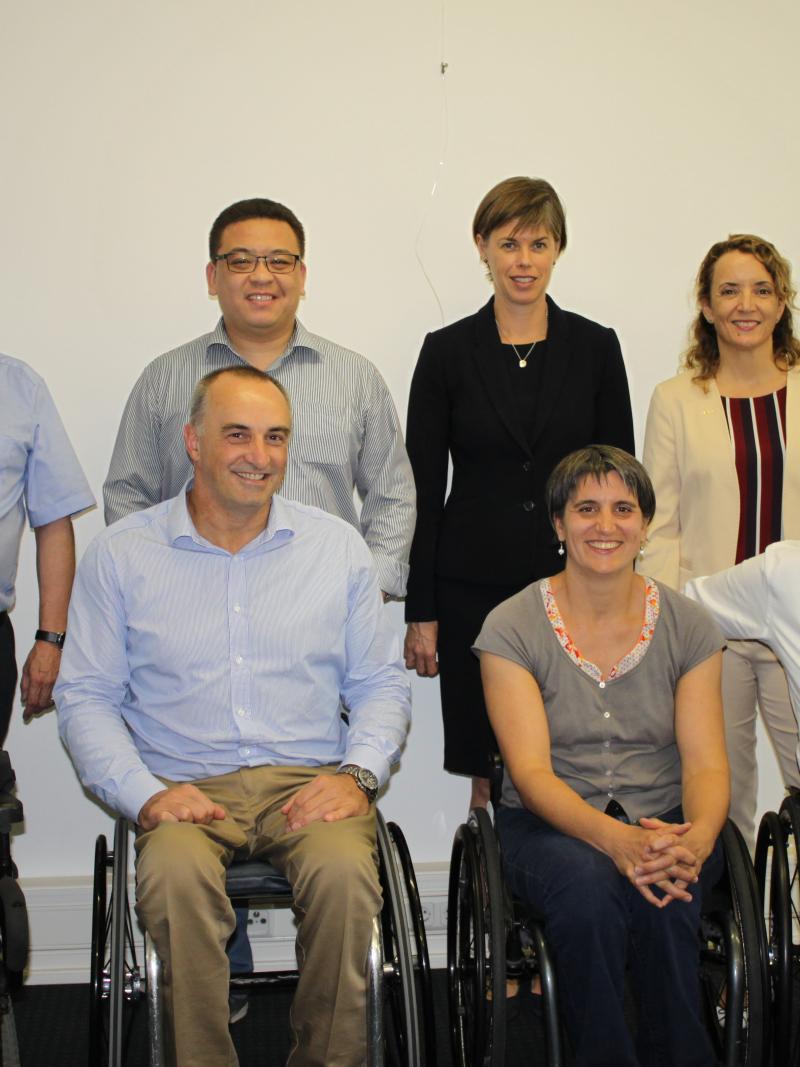IPC Board Member speaks at United Nations
Juan Pablo Salazar highlights impact Para sport can have on society 14 Jun 2018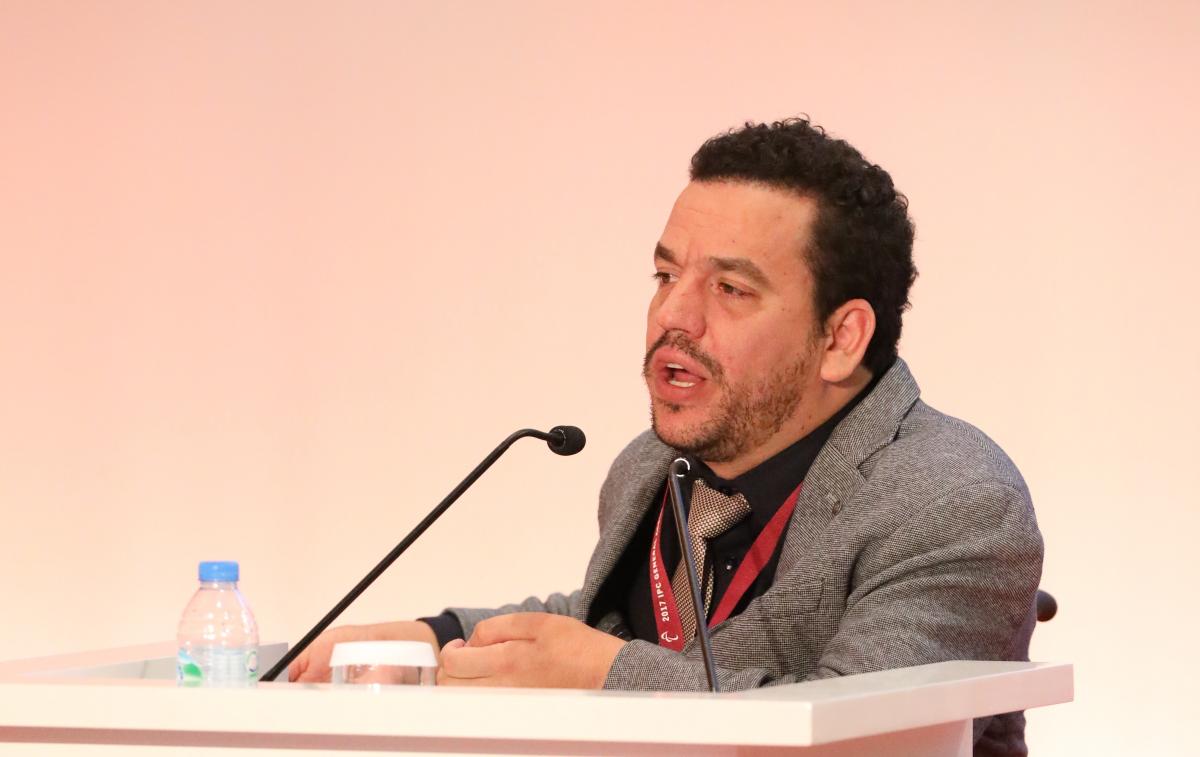
“The values one needs to thrive in sports are the same needed to thrive in life and societies should follow those same values to achieve their true potential.”
International Paralympic Committee (IPC) Governing Board Member Juan Pablo Salazar delivered a speech at the United Nations (UN) in New York, USA, on Wednesday (13 June) as part of the 11th session of the Conference of State Parties (COSP 11) to the Convention on the Rights of Persons with Disabilities (CRPD).
This year’s theme is “Leaving no one behind through the full implementation of the CRPD” and Salazar spoke during a panel discussion on “Driving government and private investment and action in inclusive sport under the Kazan Action Plan commitments aligned with CRPD.”
“As a multilateral organisation with sports at its core and understanding sports as a means to achieve a more inclusive society, the IPC firmly believes in the values set forth by the Kazan Action Plan,” said Salazar, who is also the President of the Colombian National Council of Disability.
“Throughout our history we have witnessed countless times how the power of sports helps people overcome their own adversities and societies in general shift paradigms on what they understand by normality and excellence.
“The values one needs to thrive in sports are the same needed to thrive in life and societies should follow those same values to achieve their true potential.”
The Kazan Action Plan was adopted on 15 July 2017 by UESCSO’s Sixth International Conference of Ministers and Senior Officials Responsible for Physical Education and Sport, MINEPS VI. It marks the commitment to link sport policy development to the 2030 Agenda of the United Nations, as well as support to an overarching sport policy follow-up framework and five priority areas for international and national multi-stakeholder cooperation.
During his speech Salazar highlighted how the Kazan Action Plan presents an opportunity to more explicitly promote the participation of persons with disabilities in all five of its pillars of action. He also called on all partners involved in the implementation of the Kazan Action Plan to work together and further include the IPC in the network.
“Let’s compare notes. Let’s advance with specific technical exchanges that will further align the Kazan Action Plan with the Convention on the Rights of Persons with Disabilities,” said Salazar, a former Colombian wheelchair rugby international.
“We have the expertise, the ability and the political will to advance in this direction and we want to bring it to the table. Having courage, determination, equality and inspiration as our values, we are committed from the very heart of our organisation to leave no one behind,” he added.
On Tuesday, the first day of COSP 11, UN Secretary-General António Guterres addressed a conference of signatories to the Convention. He described the CRPD as one of the most widely-ratified international human rights treaties, which reaffirms that people with disabilities are entitled to the same treatment as everybody else.
“But signing and ratifying the Convention is not enough. Implementation is essential,” Guterres said. “Societies must be organised so that all people, including those with disabilities, can exercise their rights freely.”
The Secretary-General underscored that countries apply the Convention to their development policies, investments and legal systems.
“We cannot afford to ignore or marginalise the contributions of 1.5 billion people,” he stated, pointing out that more had to be done for people with disabilities to fully participate in society.
The CRPD was adopted by the UN General Assembly on 13 December 2016 and it came into force on 3 May 2008 upon the 20th ratification.





